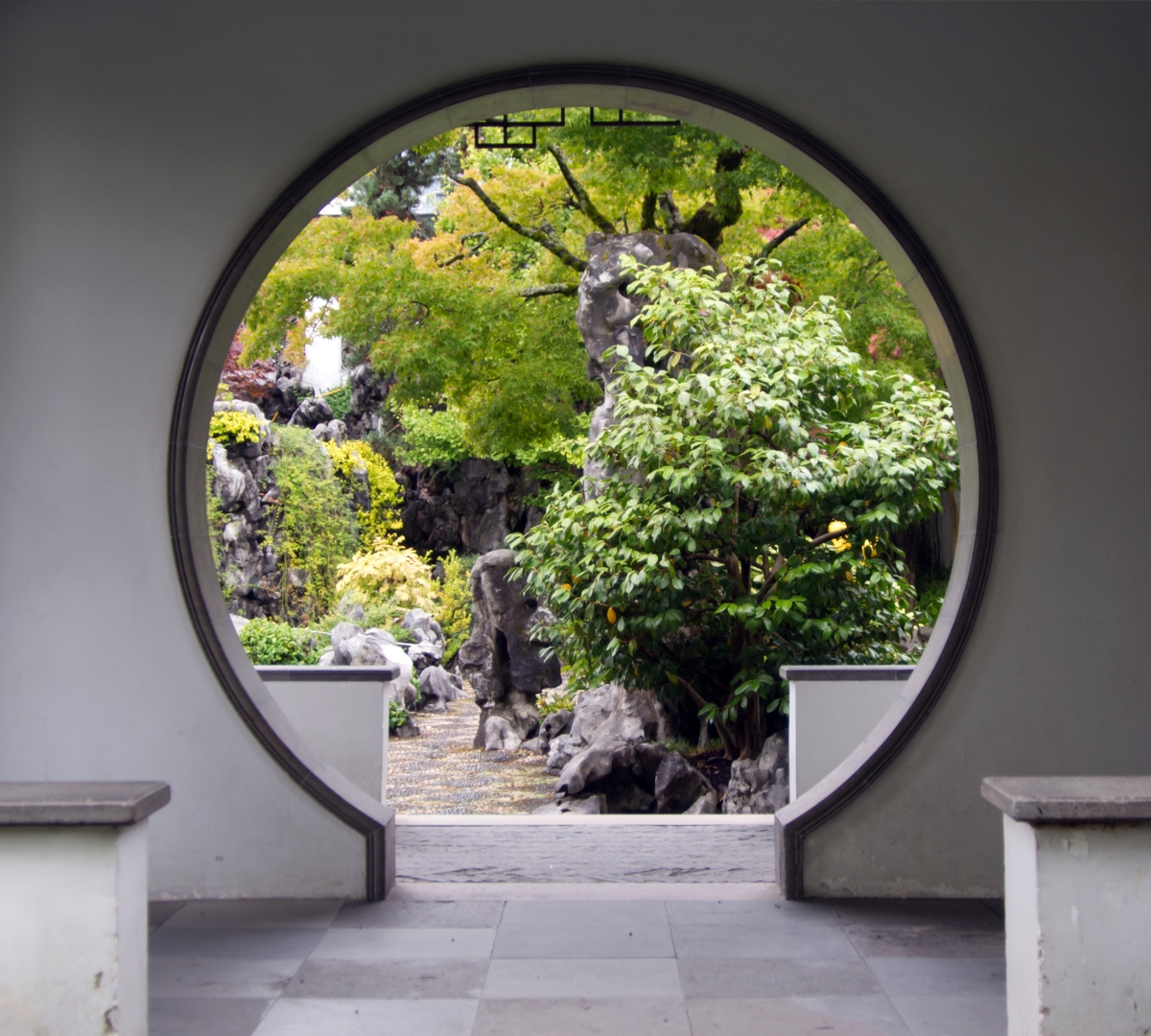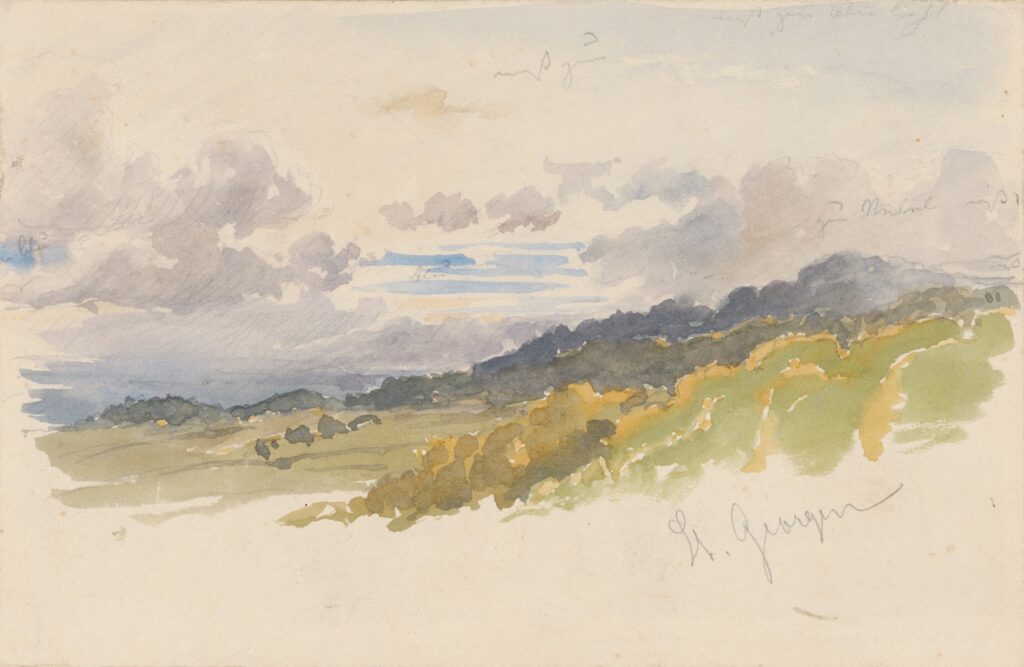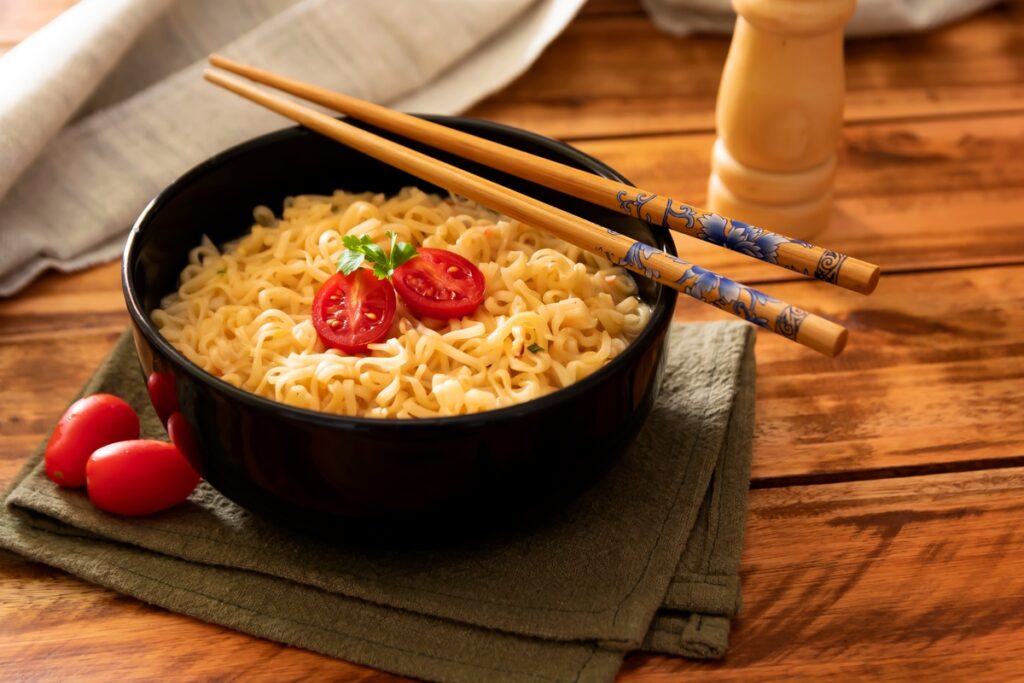
A very literal rendering of “admire” might land us at “with regard to wonder.” When you admire something or someone, you are subject to wonder, rapt over some gleaming element that drops your jaw, lurches your heart with joy, or salts your mind with cheerful envy.
Listen to Eleanor Roosevelt and you may feel a ripple of doubt regarding the state of admiration: “The only things one can admire at length are those one admires without knowing why.” Is it, indeed, potentially puncturing to investigate admiration or to delve into the mechanics of what brings you wonder?
I’m not sure. I believe it may lead to yet more admiration. Read, for example, Paisley Rekdal’s poem “Ode.”
I was supposed to sit, stopping
Ode, by paisley rekdal
because praise begins where pain
transfigures itself,
stoppered by a deeper kind of joy: so I
transfigure myself from driver
to survivor, the blessed Lazarine failure
So admirable, I think, to reflect on disasters that did not happen. So admirable to revel in the stinging jubilance of being spared. Notice, too, how Rekdal juxtaposes threat and lusciousness, anecdotes of common accidents set against yet more common slivers of survival.
Though echoing with death, this is a poem that revels in the wonder of being alive. You in your chair, me lying on this couch, alive against odds or alive despite what happened to our ancestors, alive by skin or our teeth, by rare fortune, by the roll of the dice that is each fresh heartbeat.
How admiration strengthens friendships in Hanif Abdurraqib’s “They Can’t Kill Us Until They Kill Us
Rekdal’s poem reminds me of the jubilance that dances throughout Hanif Abdurraqib’s essay collection: “The feeling I love most is walking into night air after spending hours cloaked in sweat, dancing in a small room with strangers. If the night air is cool, the way it sits on your skin is a type of forgiveness.” Hanif Abdurraqib writes, and the rest of us know what he means, right?

They Can’t Kill Us Until They Kill Us by Hanif Abdurraqib
His topics are music and culture, but those are only the particular keys he’s chosen to unlock discussions that tend to range much more broadly afield. Reading these collected essays, you might feel yourself coming unlocked, too. That happens largely due to how persistently Abdurraqib weaves back to his central theme: how it feels to be called home. For him, as it is for many, music makes a fine home, but what’s different about the way Abdurraqib discusses the songs he chooses to uplift is that you don’t necessary have to admire Carly Rae Jepsen or Chance the Rapper quite as much as he does to still comprehend where’s he’s going with his commentary and to feel that you, too, are being ushered into a warm and welcoming discussion even if you don’t number yourself among a particular musician’s audience.
Listen, for example, to Abdurraqib discuss the dulling effect work has on us when the world holds so much more than merely work:
During “Out in the Street,” while most of the audience danced and clapped along to the lyrics about going in to work at a job you don’t love on Monday and dreaming of stripping out of your work clothes on Friday, I thought, as I do every time I hear the song, about living the Tuesday, Wednesday, and Thursday. The machinery of a mundane week that wears one down until it becomes normal. The sharpness of an alarm rupturing the silence of sleep. The bagged lunch and forced joy with co-workers who are not-quite-friends. How that all feels different on a Friday, at the edge of a weekend, when anything is possible.”
For Abdurraqib, joy is an antidote, one he keeps circling back to like a bee to an ultraviolet flower. Yes, he writes of uncertainty and despair, of loneliness and of how bodies, including Black ones are broken, but he also points persistently to the joy, to the fierceness of the joy, to the sin of leaving joy out of the picture.
All along, he reminds his readers, achievement has been marching along with the pain, and to focus only on the pain is to propagate a false impression, one that excises the grand feats of spirit and fellowship people have maintained – and continue to maintain – under duress. Along with the trauma and the pressure, he insists, came celebration, too, even if it was quiet, even if it was held close to the chest, even if it was only a private appreciation for our rarest and sweetest moments, and even if it came mixed with bitterness.
For Abdurraqib, joy is an antidote, one he keeps circling back to like a bee to an ultraviolet flower. Yes, he writes of uncertainty and despair, of loneliness and of how bodies, including Black ones are broken, but he also points persistently to the joy, to the fierceness of the joy, to the sin of leaving joy out of the picture.
All along, he reminds his readers, achievement has been marching along with the pain, and to focus only on the pain is to propagate a false impression, one that excises the grand feats of spirit and fellowship people have maintained – and continue to maintain – under duress. Along with the trauma and the pressure, he insists, came celebration, too, even if it was quiet, even if it was held close to the chest, even if it was only a private appreciation for our rarest and sweetest moments, and even if it came mixed with bitterness.
A difficult venue to navigate, with limited quality views of the stage, the room quickly becomes a mass of bodies funneling to the same few spots before spending hours jostling for space. Drinks are spilled on pants, elbows are pressed into the soft spaces on other bodies—by accident at first, and then perhaps with a little more purpose. Everyone apologizes for their manipulation of space before settling into discomfort, pushed into a wall or the back of a stranger.
He pairs the universality of his tone with extremely precise diction, conveying a concept in very concrete language, so that you feel privy to rare illumination while still standing on solid ground. You don’t see a writer take this approach very often, and rarely so successfully.
Look, for example, at what he can do with a single sentence:
It’s in the spirit of male loneliness to imagine that someone has to suffer for it.
What an encapsulation; what a pithy springboard to launch the rest of the essay. To read him to hear a master writer showing what admiration can do, and how a single writer can use his own admiration to throw up a roof we can all fit under.
Where’s the bibliotherapy?
When we are full-heartedly involved in activism, in righting wrongs, in noticing injustices, repairing community or building better, we can sometimes outpace our own joy. Tapping into sources of happiness, fellowship, and admiration keeps us better fueled and more resilient. When in pain, I think Abdurraqib hints, it’s advisable to focus on something worth admiring.
A little more
- Hanif’s website
- Hanif talks to Jeff Chang in San Francisco
- Read a handful of Hanif’s poems

How admiration sours in The Assassination of Jesse James by the Coward Robert Ford by Ron Hansen
Just listen to the beginning: “He was growing into middle age and was living then in a bungalow on Woodland Avenue. Green weeds split the porch steps, a wasp nest clung to an attic gable, a rope swing looped down from a dying elm tree and the ground below it was scuffed soft as flour.”
How long has it been since you heard the like? That noose-like foreshadowing, that era-appropriate, homely flour. Ron Hansen crams a tension into the very first sentence that will unfurl throughout the entire course of this passionate, stately novel.
I chose this book, yes, out of admiration for Hansen’s prose, but also because of how it foregrounds the eeriness of admiration and how it can twist like a rattlesnake in your hands. Love and desire and envious disdain – Hansen braids all three elements into a luminous portrait of the young Robert Ford, would-be outlaw, as he is maneuvered by circumstances and complex emotions into murdering his idol, Jesse James. Hansen also succeeds in prompting us to ask ourselves why we fall for unworthy heroes or create martyrs out of maniacs.
Can you, the novel asks, control your own admiration? How it changes you, how it compels you? Can you control how others behave when they admire you or think they actually know you? Pertinent questions for our own notoriety-obsessed era.
“In order to satisfy the many requests for his picture, Bob agreed to sit for a studio photograph in the second week of April. He wore green wool trousers and a gray tweed coat that was buttoned just once at the short lapels and then curtained away from a green vest. He resisted sitting on a chair and suggested instead a gracefully scrolled and sculpted staircase, seating himself on the fifth step, his right hand dangling slackly off his right knee as his left grasped a gleaming Peacemaker, a photographer’s prop, that was artificially rested on his left thigh and calling attention to itself. He looked like a grocery clerk accidentally caught with a long gun in his hand. A correspondent asked why, if Bob was right-handed, he’d gripped the gun with his left, and Bob answered, as if nothing further needed saying, ‘Jesse was left-handed’.”
There. See? The obsessiveness of it all, both the author’s pervasive attentiveness to setting, to tone, to word-choice, to everything, and then the earnest, pitiful admiration Bob Ford tenders, hooked to the helplessness he seems to feel, so enmeshed is he with the man he used to admire and killed out of admiration or out of longing to win admiration in turn.
“Jesse creaked his rocker, scraped the fire from his cigar with his yellowed finger, and made the ash disintegrate and sprinkle off his lap when he stood. He said, “I’m a no good, Bob. I ain’t Jesus.” And he walked into his rented bungalow, leaving behind the young man who had played at capturing Jesse James even as a child.”
Bob, in other words, is warned, but the warning does no good. His is a runaway, narcissistic admiration, the kind that curdles the soul and warns the rest of us to mind our obsessions and be mindful of how things gripped too tightly tend to turn and bite. It could be considered a cautionary tale, too, about pinning your hopes to a mere mortal or at least to letting an excess of inappropriate admiration run away with you.
Where’s the bibliotherapy?
Although it can feel like a rush, being pedestaled the way Bob does Jesse holds its fair share of toxicity. When, it might be good to ask, is it right to offer admiration and when does admiration lead you somewhere dangerous? Are you being admired appropriately, rather than being “love bombed” or manipulated? And are you in turn admiring what will sustain and nourish you rather than tumble you into the dust?
A little more
- Watch the trailer for the (truly excellent) film of the same name
- Savor film’s soundtrack, composed by Warren Ellis and Nick Cave
- Listen to the Jesse James Aesthetic playlist on Spotify, created by DeltaWild: or to the folk song that inspired it all
- Read Hansen’s interview in Image
“To stake a claim to making a work of art is an outrageous thing. It’s an exercise in vanity, pride, and ego, but also of the artistic impulse. A novel is a monologue: you’re grabbing somebody by their lapels and saying, “Listen to me,” which takes a certain amount of narcissism. Writing calls up all your virtues, but also some of your vices. It’s a confessional experience. When you sit down to write, you’re as aware of your sinfulness as you are of the nice things you’ve done for people, and in some ways you relish those sins because you can put them into your characters. You write about what you could have become, if not for some change of trajectory. You write about people who are susceptible to the same things you are. Outlaws and exiles allow you to exaggerate what you find that’s negative in yourself.”
ron hansen

Gain admiration for lonely days with “Journal of a Solitude” by May Sarton
It’s easy to admire feats once they’re accomplished. The Olympic gold in hand, the Pulitzer secured, the throb of recognition upon being published in Science – with recognizable achievements comes a sense of relief and closure. Something has been attempted; something has passed beyond the attempt to crystallize into confirmed success.
It has a nice ring to it, a finality, like a nail driven into a wall. There. It’s more difficult to admire the mess and uncertainty of work in progress. It could prove to be successful someday, it could be just another jumble, intriguing only to the person messing around with it while reeking of self-involvement and silly hope. Weakness, wasted time, supporating potential.

Journal of a Solitude by May Sarton
So I admire May Sarton, a lesbian who lived in coastal Maine, for limning the toll uncertainty takes. Her “Journal of Solitude” is about wanting to share time, like a luscious raspberry tart, with your closest friends, but it’s also about the sting of being misconstrued by these friends. It’s about the frustration of failing to give yourself what you truly need, about the thousand small delights and disappointments that crease a day, about always wanting more and always less.
“That is what is strange—that friends, even passionate love, are not my real life unless there is time alone in which to explore and to discover what is happening or has happened. Without the interruptions, nourishing and maddening, this life would become arid. Yet I taste it fully only when I am alone…”
I find Sarton’s frankness admirable, and while it’s pleasant enough when she writes of flowers, cats, and gracious light, to me it’s pleasanter still when she rages about cravings, frustrating humans, and the fear of futility or of her hurting others with her own needs.
“I feel like an inadequate machine, a machine that breaks down at crucial moments, grinds to a dreadful hault, ‘won’t go,’ or, even worse, explodes in some innocent person’s face.”
She tackles the difficult-to-admit things: that we don’t know much about love, much about how to be gracious about others’ shortcomings; like a Buddhist, she remains exquisitely aware of shifts in the day and self, though, un-Buddha-like, she does not always accept these shifts, making her all the more understandable and, I would say, admirable.
“For a long time, for years, I have carried in my mind the excruciating image of plants, bulbs, in a cellar, trying to grow without light, putting out white shoots that will inevitably wither.”
Where’s the bibliotherapy?
Contrary to many self-help books that urge acceptance, Sarton doesn’t hold back on venting her struggles and uncertainties. Venting, it turns out, can be useful, especially if it’s well-structured. According to Dr. Jill Suttie writing for the Greater Good Science Center:
- Pick your means of venting well. A good friend might be a safe bet, but in some cases journaling or sketching might be better. You’ll also want to be self-aware about venting the same emotions to the same people over and over.
- Pair venting with thoughtful progress by deliberately asking for advice – if you take frustrations to a friend, for example, close by asking for their advice, which gives them a chance to feel helpful and gives you a chance to gain insights.
- Since venting can be contagious or can spiral, consider limiting online venting.
- If you can’t shake the impulse to vent, try going something else for a while for a fresh perspective.
- Is there a way your frustrations can fuel you creatively?
A little more
- May Sarton reads poems from throughout her writing life
- A relaxation video of waterscapes from May Sarton’s Maine
- Psychologist Thuy-vy Nguyen explains her work on why solitude matters

Learn about how to regard the race of time lightly with My Brilliant Life by Ae-Ran Kim
What if the adult world has seized you too soon, an undertow yanking you remorselessly out to sea? This happens to Areum, the young protagonist of “My Brilliant Life.” He has progeria, a genetic condition that guarantees he will age at a vastly accelerated rate, stacking up hospital bills and advancing ever deeper into loneliness as he goes.
People who care for him are present, but he has to deal with betrayals, too, not the least of which is the knowledge of how life will ravage him. Love and hope, “My Brilliant Life” hints, may not salvage everything, but without the ability to admire and treasure lovely moments as they pass, life would be much bleaker and more unbearable.
It’s a book about striving to be there for each other while trying to understand the silences and unspoken things. Areum’s parents balance the desire to spend precious time with him against the need to work to pay his bills; Areum out-ages his parents in the meantime and wonders how he can take care of them. It’s a strange situation, but not so distant from how we’re all trying to relate, all at different physical and emotional speeds, all reaching hands out of our respective roller coasters, grabbing at each other as we rattle past.
In the end, Ae-Ran Kim highlights the importance of noticing admirable things, not letting them become lost in life’s choking turbulence.
Where’s the bibliotherapy?
“Death contemplation” has been advised by Stoics, Buddhists, and many others. If you prepare yourself for death, the thinking goes, you are more likely to meet it with poise. Though you may not inhabit a skin so direly stricken as Areum’s, you, too, might die tomorrow. Reflecting regularly on that could give your todays more savor and perspective. What, after all, would you most like to spend your limited heartbeats on?
Research asserts that as we age, we tend to become more aligned with our political views, more dedicated to those closest to us, and more likely to prioritize children or fame. Does this seem true of you? Is this how you would like to develop? You have now to think about it and to determine what to admire most.
A little more
- The Korean movie based on the book
- Ae-Ran Kim’s biography
- More about progeria, from the Progeria Research Foundation

Gain appreciation for impressive skills and caring with Among Schoolchildren by Tracy Kidder
Widely known for Mountains Beyond Mountains, an account of Dr. Paul Farmer’s global quest to eradicate tuberculosis and AIDs, Tracy Kidder turns instead toward a fifth-grade classroom in Among Schoolchildren. The result of nine months of classroom engagement, Among Schoolchildren profiles dedicated teacher Christine Zajac as she tries to address each pupil’s unique needs.
Profiles can run the risk of lionizing their subjects and contributing to the “single hero” narrative; this book fails to completely evade this criticism. It’s also dated now, not necessarily informed by the latest educational theory or understandings of how home and community life shape young learners.
Yet it also underlines how difficult education continues to be. Much of why we turn out the way we do is due to childhood health and how we are treated as children, and so the reminder to remain aware of classroom challenges remains pertinent. How, after all, is a single, underpaid adult supposed to guide thirty or forty children forward; how can a dose of learning and even the most dedicated classroom care make up for everything else going on?

Among Schoolchildren by Tracy Kidder
“Children get dealt grossly unequal hands, but that is all the more reason to treat them equally in school, Chris thought. “I think the cruelest form of prejudice is… if I ever said, ‘Clarence is poor, so I’ll expect less of him than Alice.’ Maybe he won’t do what Alice does. But I want his best.” She knew that precept wasn’t as simple as it sounded. Treating children equally often means treating them very differently. But it also means bringing the same moral force to bear on all of them, saying, in effect, to Clarence that you matter as much as Alice and won’t get away with not working, and to Alice that you won’t be allowed to stay where you are either.”
“Among Schoolchildren” records the way we still tend to put teachers on pedestals while simultaneously undermining them with a rising tide of demands coupled with an undermining lack of funding. This is our national doing, in a way, this pressure put primarily on young women to supply what’s emotionally and cognitively missing for each successive generation – in forcing teachers to “become heroic,” we may be absolving everyone else of our joint responsibility to care about how young people grow.
So yes, this could arguably be a better narrative. It’s still a potent porthole into the daily minutiae of teaching and a record of how much we expect from teachers. Good, in other words, for not glossing over the everyday realities of people we often admire.
“Good teachers put snags in the river of children passing by, and over the years, they redirect hundreds of lives. Many people find it easy to imagine unseen webs of malevolent conspiracy theory around the world, and they are not always wrong. But there is also an innocence that conspires to hold humanity together, and it is made of people who can never fully know the good that they have done.”
A little more
- Explore Tracy Kidder’s other work profiling what a small group of passionate people can accomplish: A Truck Full of Money, about the building and sale of Kayak; Rough Sleepers, about addressing chronic homelessness; or Strength in What Remains, about post-traumatic growth and development.
- Or counter the heroic trope with a book about how huge advances require the unsung work of entire systems: Extra Life: A Short History of Living Longer by Steven Johnson
- Tracy Kidder’s website
- Chris Zajac and Tracy Kidder discuss a stand-out student

And Now for Something Completely Different: The Anatomy of Disgust by William Ian Miller
“One way of describing intimacy (and/or love) is as that state in which various disgust rules are relaxed or suspended”

The Anatomy of Disgust by William Ian Miller
Love, affection, admiration, respect – they seem relatively straightforward. Disgust, on the other hand, is raw. It bypasses the cognitive realm and rises straight from the gut. You feel it far more, in other words, than you think it, which makes it a visceral and fascinating experience. One, it makes me chuckle to note, to which we often ascribe a moral interpretation.
In this fastidious and somewhat academic treatment, William Ian Miller tells us about the many functions disgust performs. After reading this, you may come away nauseated, but also brimming with admiration for an emotion that gets shit done.
A little more
- Pixar discusses disgust
- William Ian Miller’s twist on fortune: Outrageous Fortune: Gloomy Reflections on Luck and Life
- View a Cornell video lecture: “The Good, The Bad, and the Dirty: Disgust and Moral Judgement”
